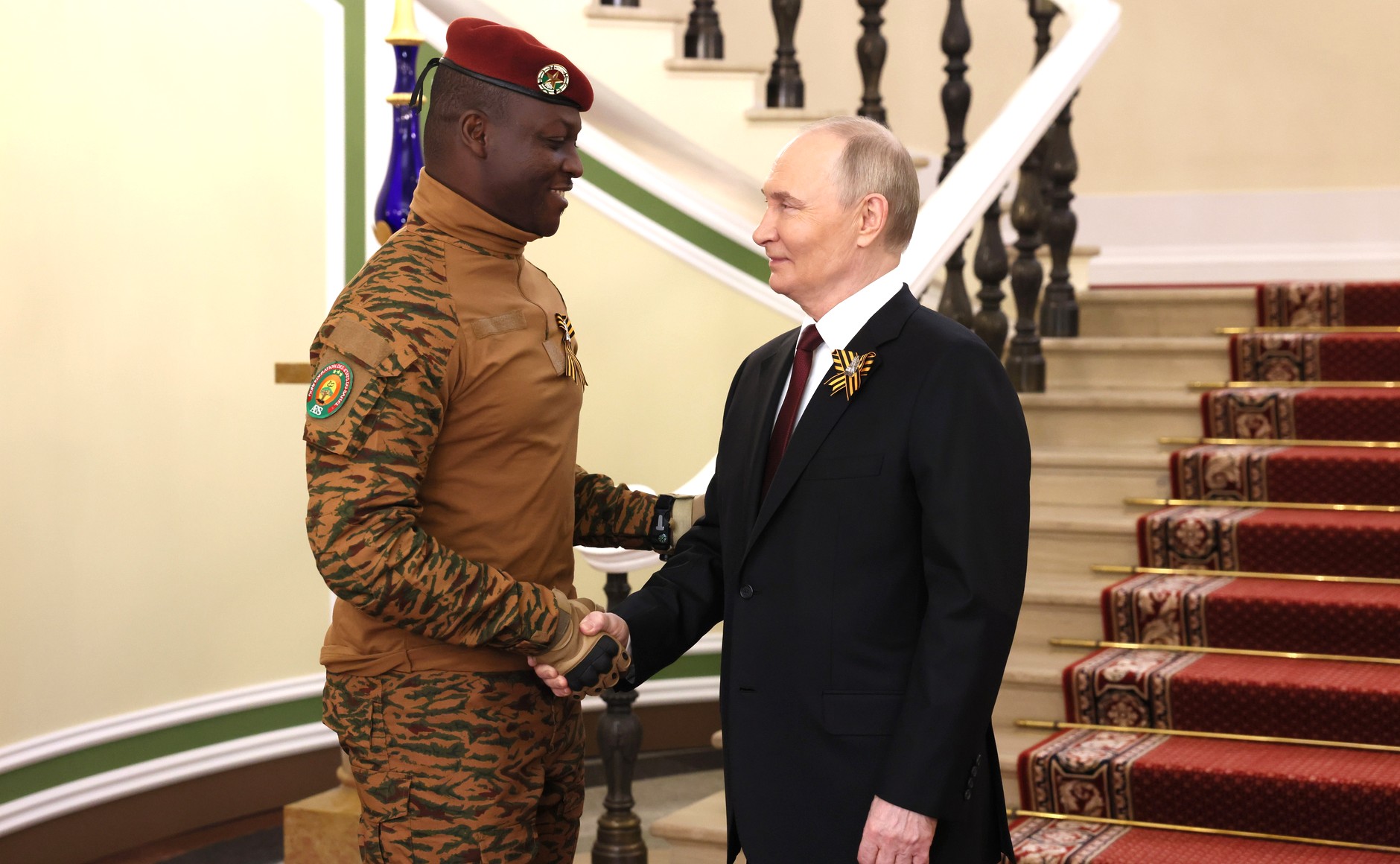In the turbulent and ever-shifting political landscape of Burkina Faso, a new figure has emerged as a beacon of change, progress, and hope. Ibrahim Traoré, a young and dynamic military officer turned politician, assumed the helm of the West African nation as interim President in 2022 following a decisive coup d’état that ousted the previous leadership. At just 37 years old, Traoré stands among the youngest heads of state in the world, bringing a fresh perspective, energy, and bold vision to a country long challenged by insecurity and economic hardship.
Born on March 14, 1988, in Kéra, Bondokuy, within the Mouhoun Province, Traoré’s early life and education laid a strong foundation for his remarkable rise. Pursuing geology at the University of Ouagadougou, he was deeply involved in student associations, signaling early on his dedication to community engagement and social change. Described by peers as “quiet” yet “very talented” during his high school years in Bobo-Dioulasso, Traoré’s ascent to power marked a pivotal moment in Burkina Faso’s political narrative, promising a break from the past and a renewed focus on the nation’s future.
Since taking office, Traoré has implemented a series of reforms that have significantly influenced Burkina Faso’s economic, social, military, and foreign policies. One of his hallmark moves has been to decisively distance the country from its former colonial power, France. This includes the expulsion of French troops and a broader strategy to assert national sovereignty. His leadership also played a key role in the formation of the Alliance of Sahel States, a regional coalition aimed at fostering security cooperation and autonomy among Sahelian countries—highlighting his commitment to regional solidarity and collective self-determination.
Economically, Traoré has prioritized policies that harness Burkina Faso’s abundant natural resources for sustainable development. Under his direction, the country has embarked on initiatives to increase agricultural productivity, expand local industrial capacity, and reduce reliance on external aid or loans. Socially, his government has focused on uplifting marginalized communities, promoting equity and inclusivity through targeted programs and reforms that seek to narrow the gap between urban and rural areas (MyJoyOnline).
On the military front, Traoré’s leadership is defined by a strong emphasis on national security amid escalating insurgency threats. His strategies aim to strengthen Burkina Faso’s defense capabilities while maintaining a stance of resilience and patriotism, inspired by the legacy of Thomas Sankara, the revolutionary leader who remains an enduring symbol of Burkina Faso’s aspirations.
Beyond Burkina Faso’s borders, Traoré is reshaping the country’s foreign relations by forging closer ties with fellow African nations and exploring new partnerships beyond the traditional Western sphere, including strategic relations with Russia and Turkey. This geopolitical reorientation reflects his vision of an independent, assertive Burkina Faso playing a more influential role on the global stage.
Many view Ibrahim Traoré as a bold new leader with the potential to reshape not only Burkina Faso but also Africa’s future. His vision and actions have drawn both domestic and international attention, positioning him as a central figure in redefining governance, sovereignty, and regional cooperation on the continent.
In conclusion, Ibrahim Traoré’s visionary leadership, grounded in a deep commitment to progress, sovereignty, and innovation, is charting a promising new chapter for Burkina Faso and Africa at large. As he continues to navigate the complexities of governance, security, and diplomacy, his bold initiatives offer a powerful example of how youthful leadership can inspire transformation in a rapidly evolving world.
